Have you ever noticed your cat seeking out the same spot in your home, especially when you’ve been away or out of sight? It’s almost as if they’re drawn back by invisible threads of memory and longing. For many cat lovers, it’s both heartwarming and a little mysterious to see their feline friend curled up in your favorite chair or lingering in the room where you spend the most time. This behavior isn’t just a random habit—it’s a profound expression of their affection and attachment to you. Let’s dive into the captivating world of feline emotions and discover why cats return to familiar rooms when they miss you.
The Power of Scent in Feline Memory

Cats have an extraordinary sense of smell that far surpasses that of humans. Your scent lingers in the places you frequent, like an invisible comfort blanket for your cat. When your cat misses you, returning to rooms filled with your scent provides reassurance and a sense of closeness. It’s as if they’re wrapping themselves in your presence, even when you’re not physically there. This connection through scent is deeply comforting and helps ease their feelings of loneliness or separation. Cats often rub their faces and bodies on furniture and objects in these rooms, mingling their scent with yours to create a shared territory. This mingling is a silent, powerful bond that helps your cat feel secure and loved.
Emotional Attachment: More Than Meets the Eye

Many people think of cats as independent creatures, but their hearts tell a different story. When a cat feels attached to you, they seek out spaces where your presence is strongest. Familiar rooms become emotional landmarks, places that remind them of shared moments and comfort. These rooms serve as safe havens, especially during times of stress or uncertainty. The act of returning to these spaces is their way of coping with the emotional gap when you’re absent. It’s a subtle but meaningful way for your cat to say, “I miss you.” This attachment often grows stronger over time, as routines and shared experiences deepen your bond.
Routine and Comfort: The Heart of the Familiar
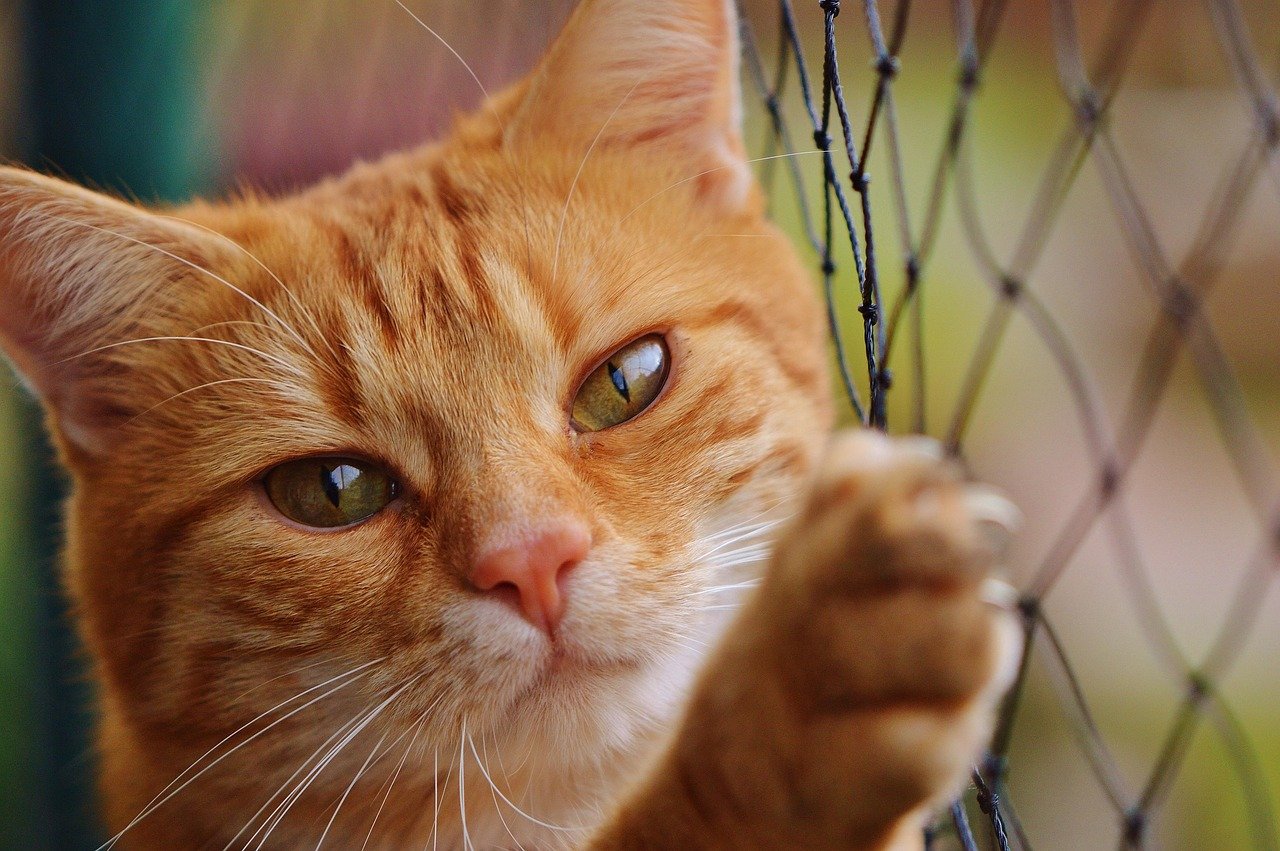
Cats thrive on routine. Daily activities, such as feeding times, play sessions, or quiet evenings together, create a tapestry of comforting rituals. When you’re not around, familiar rooms represent the rhythm of life your cat cherishes. These spaces hold memories of predictability and safety, making them the perfect retreat during moments of longing. By revisiting these rooms, your cat is seeking the comfort of the familiar, where everything smells, sounds, and feels just right. It’s their way of holding onto the world you share, even when you’re away.
Feline Territory: Claiming Shared Spaces

To a cat, territory isn’t just about marking boundaries—it’s about claiming a shared life. When your cat returns to the rooms you use most, they’re reinforcing the idea that these spaces belong to both of you. This shared territory is a powerful source of reassurance, especially when their favorite human is absent. By lingering in these rooms, your cat is both guarding and honoring the connection you have. It’s a quiet, steadfast loyalty that plays out in the heart of your home.
The Role of Sound and Silence
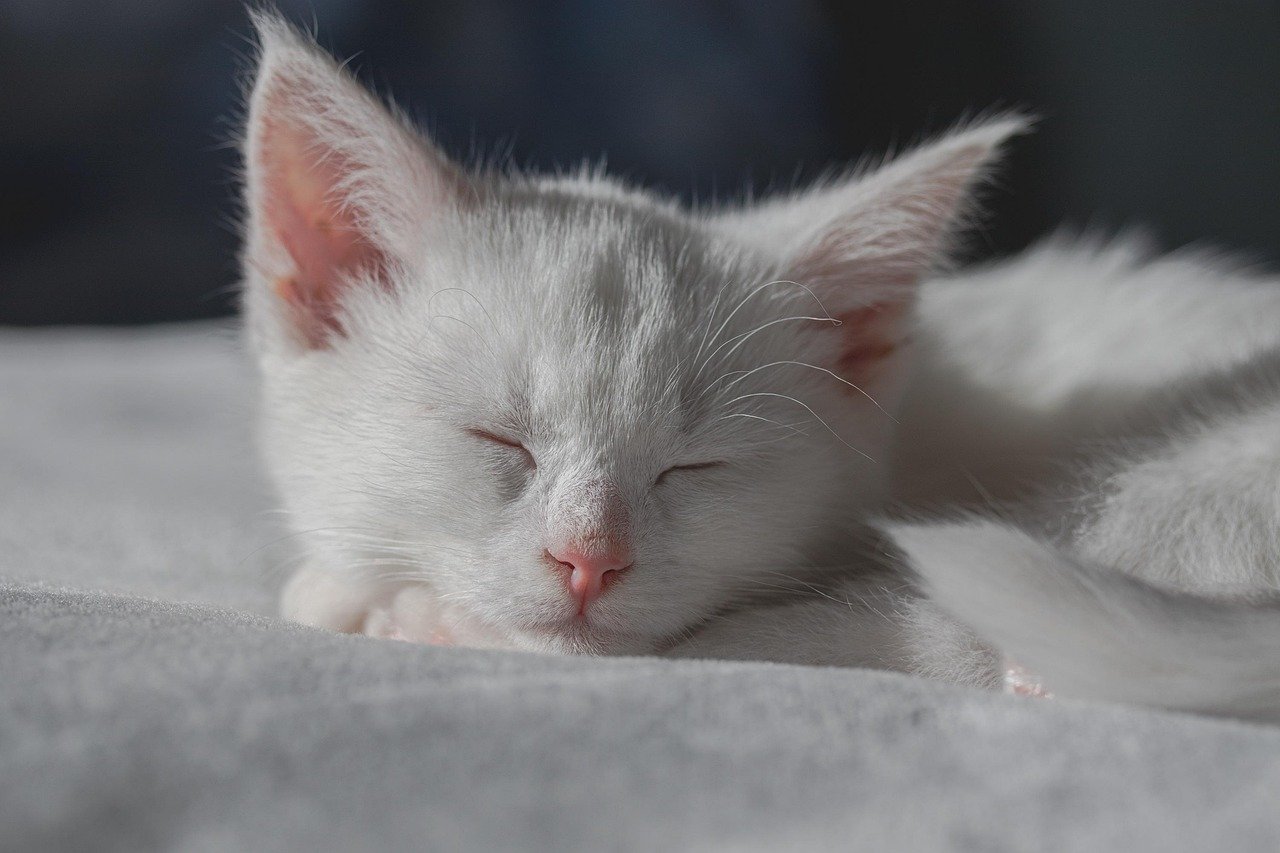
Familiar rooms are often filled with the echoes of your voice, footsteps, and laughter. Even in your absence, these sounds linger in your cat’s memory. When they miss you, returning to these rooms can be a way of seeking out those comforting noises, or even the gentle silence that follows your presence. The acoustics of a familiar space can offer a sense of peace, as if your energy still resonates there. For your cat, it’s a way to feel close to you in spirit, if not in body.
Cats and Separation Anxiety

It’s surprising to many that cats can experience separation anxiety much like dogs. When left alone, some cats become anxious and seek solace in familiar rooms filled with your scent and belongings. These spaces act as emotional anchors, providing the stability they need to weather the storm of loneliness. You might notice your cat pacing, meowing, or waiting by the door—clear signs that they’re missing you deeply. Returning to these rooms helps soothe their anxiety and reminds them that you always come back.
Memories of Play and Connection

Familiar rooms are often the backdrop for playtime, cuddles, and shared joys. When a cat misses you, these memories become even more precious. By returning to these rooms, your cat is reliving happy moments, chasing after toys, or curling up where you once sat together. It’s a way of keeping your connection alive in their heart. This behavior is a testament to the emotional richness of a cat’s inner world—a world where every shadow, scent, and sound is tied to you.
Curiosity: Hoping for Your Return
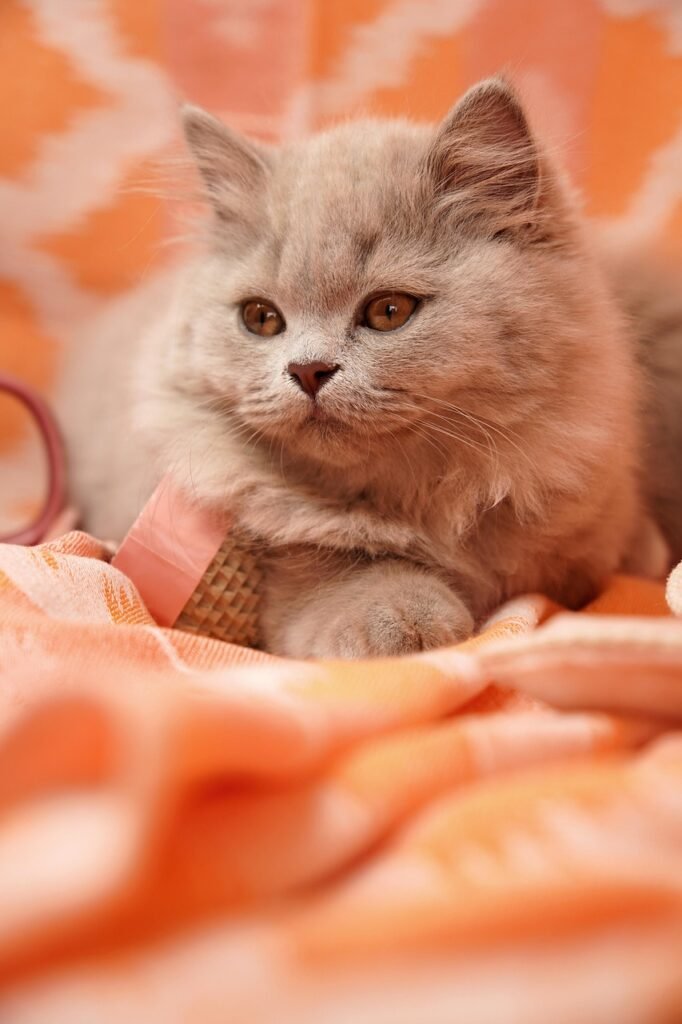
Cats are famously curious creatures. When they miss you, their curiosity leads them back to the places where they expect you to appear. Familiar rooms become vantage points from which they can watch for your return, listen for your footsteps, or simply hope for a glimpse of you. This hopeful vigilance is both touching and telling—it shows just how much your presence means to them. Each time they return, they’re fueled by the hope that this will be the moment you come back.
The Impact of Change on Feline Behavior
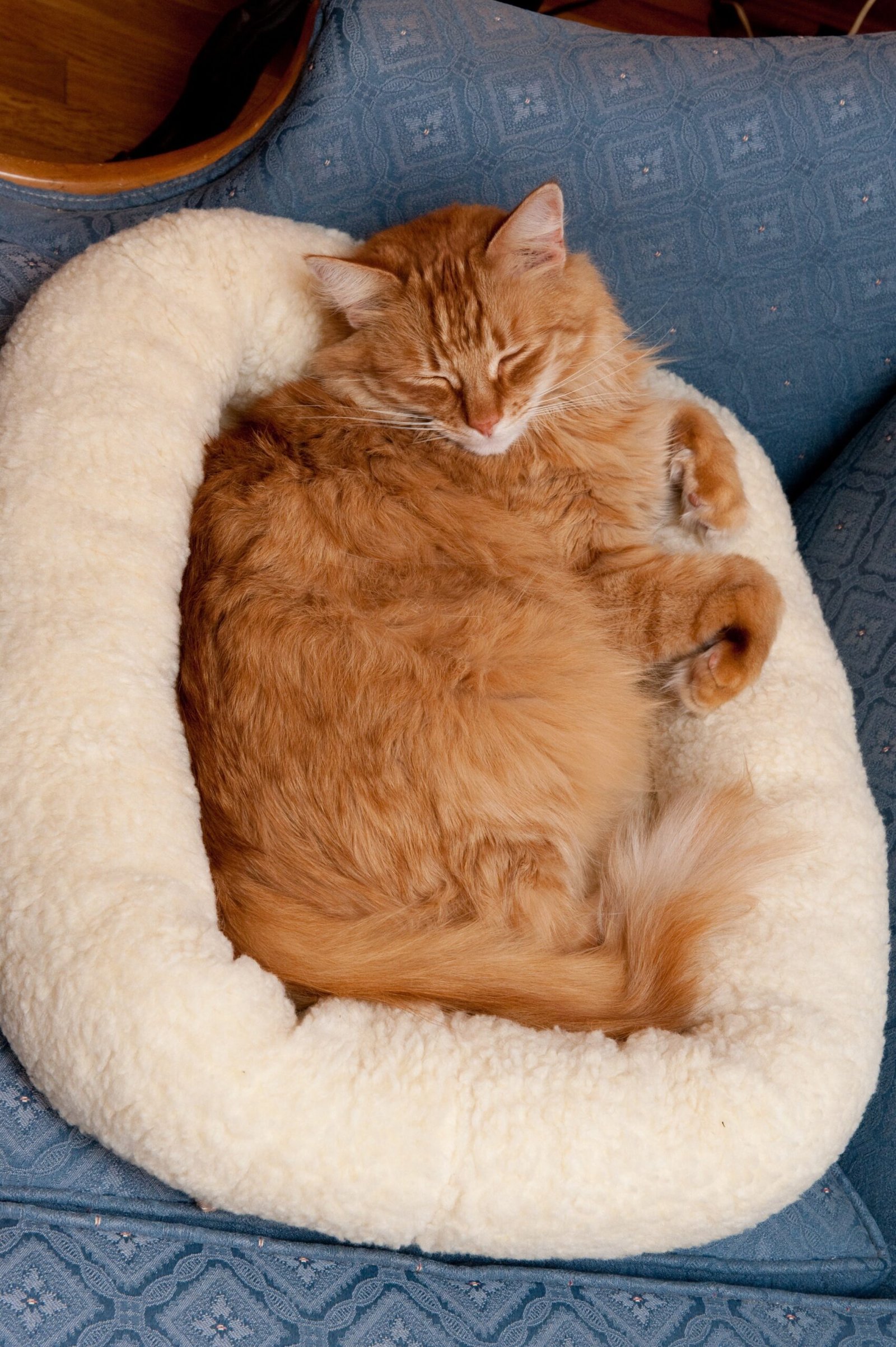
Cats are sensitive to changes in their environment and your routine. If you’ve been away more than usual or something in the home has changed, your cat may cling even more tightly to familiar rooms. These spaces become sanctuaries where they can process change and wait for things to return to normal. By retreating to these rooms, your cat is seeking stability in uncertain times. It’s a gentle but persistent reminder of how much they value the comfort of your shared life.
Nighttime Rituals and Missing You
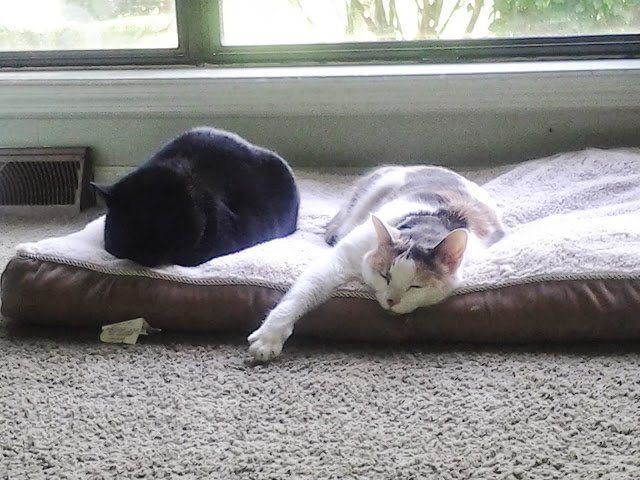
Nighttime can be especially lonely for a cat missing their favorite person. Many cats return to familiar rooms, such as the bedroom or the spot where you watch TV together, at night. These spaces carry the warmth and safety of your presence, making it easier for them to settle down and rest. Curling up in your bed or on your chair is their way of staying close, even as dreams take you both to different worlds. It’s a quiet, loving gesture that speaks volumes about their feelings.
The Comfort of Familiar Objects
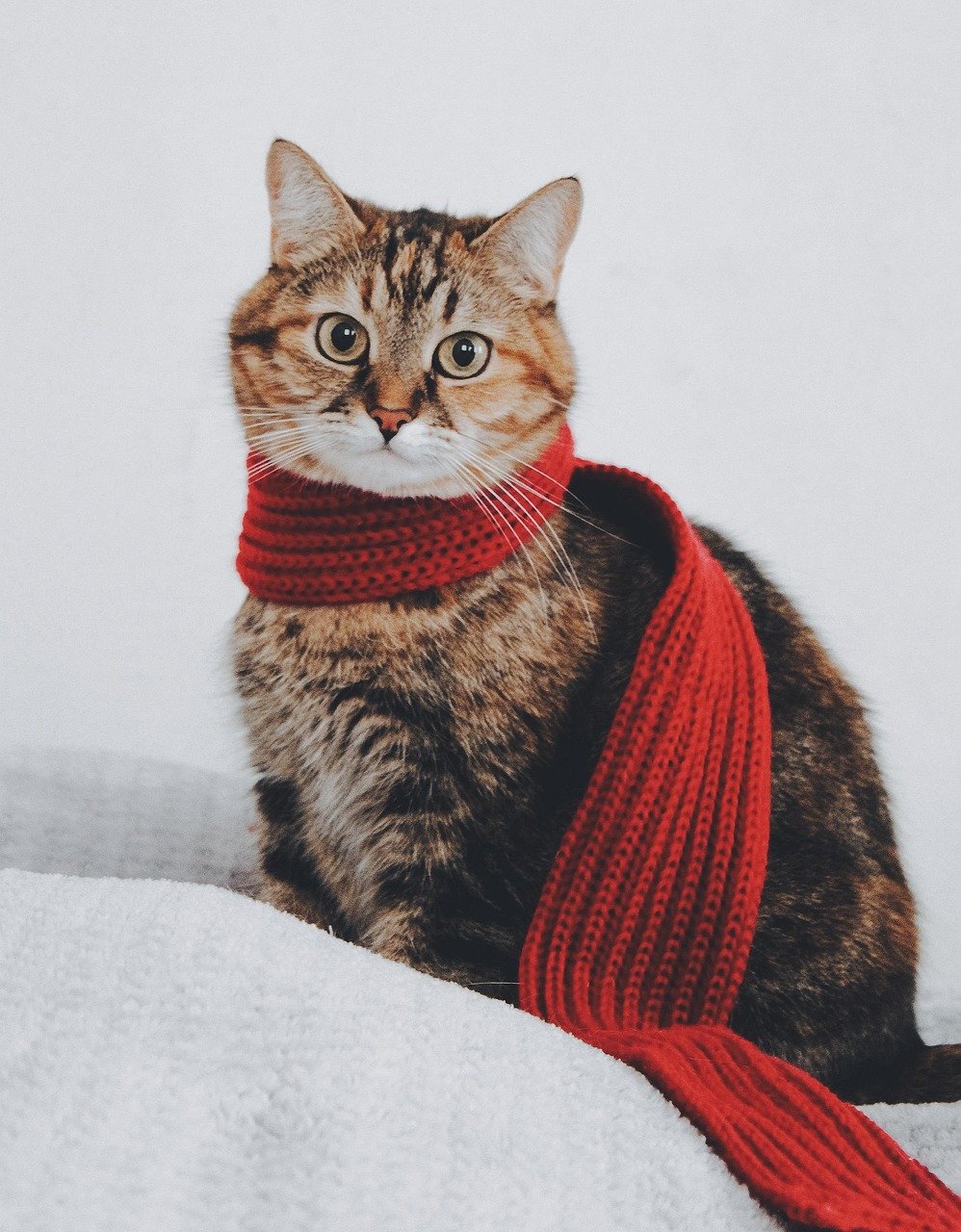
It’s not just the room itself that draws your cat in—it’s the objects within it. Blankets, pillows, or clothing that carry your scent become treasures in your absence. Your cat might knead, sniff, or curl up on these items, finding solace in the tangible reminders of you. This attachment to familiar objects is a coping mechanism, helping them navigate the waves of missing you. Each item becomes a symbol of your bond, cherished and guarded until you return.
Physical Warmth and Emotional Security
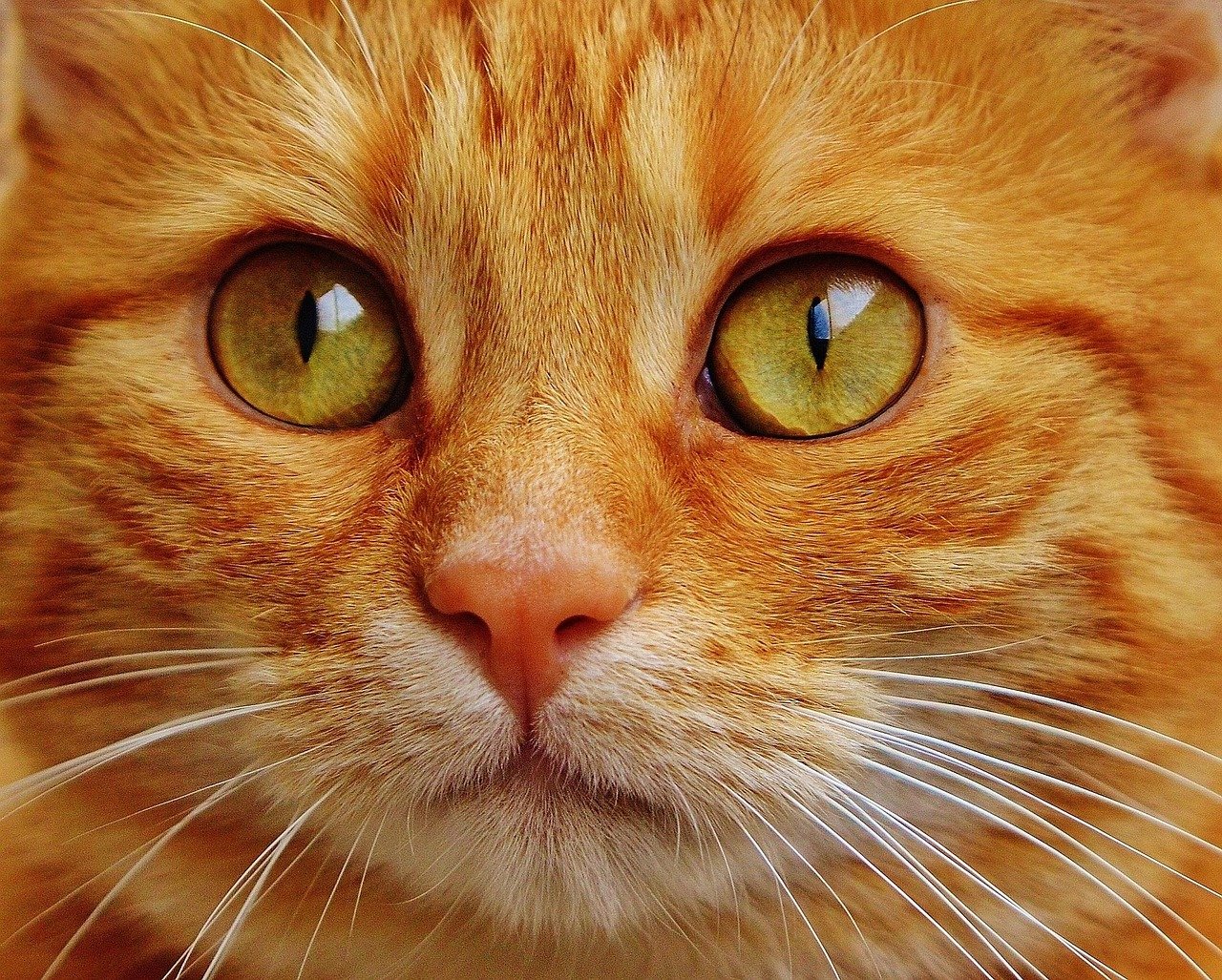
Cats are heat-seekers by nature, and familiar rooms often hold the warmth of your presence. Whether it’s a sunbeam on the couch or the lingering heat from your spot in bed, these physical comforts go hand in hand with emotional security. When your cat misses you, returning to these cozy spaces offers a double layer of comfort—body and soul. It’s a simple, primal way of staying connected, fueled by instinct and affection.
Waiting by the Door: The Ultimate Sign of Devotion
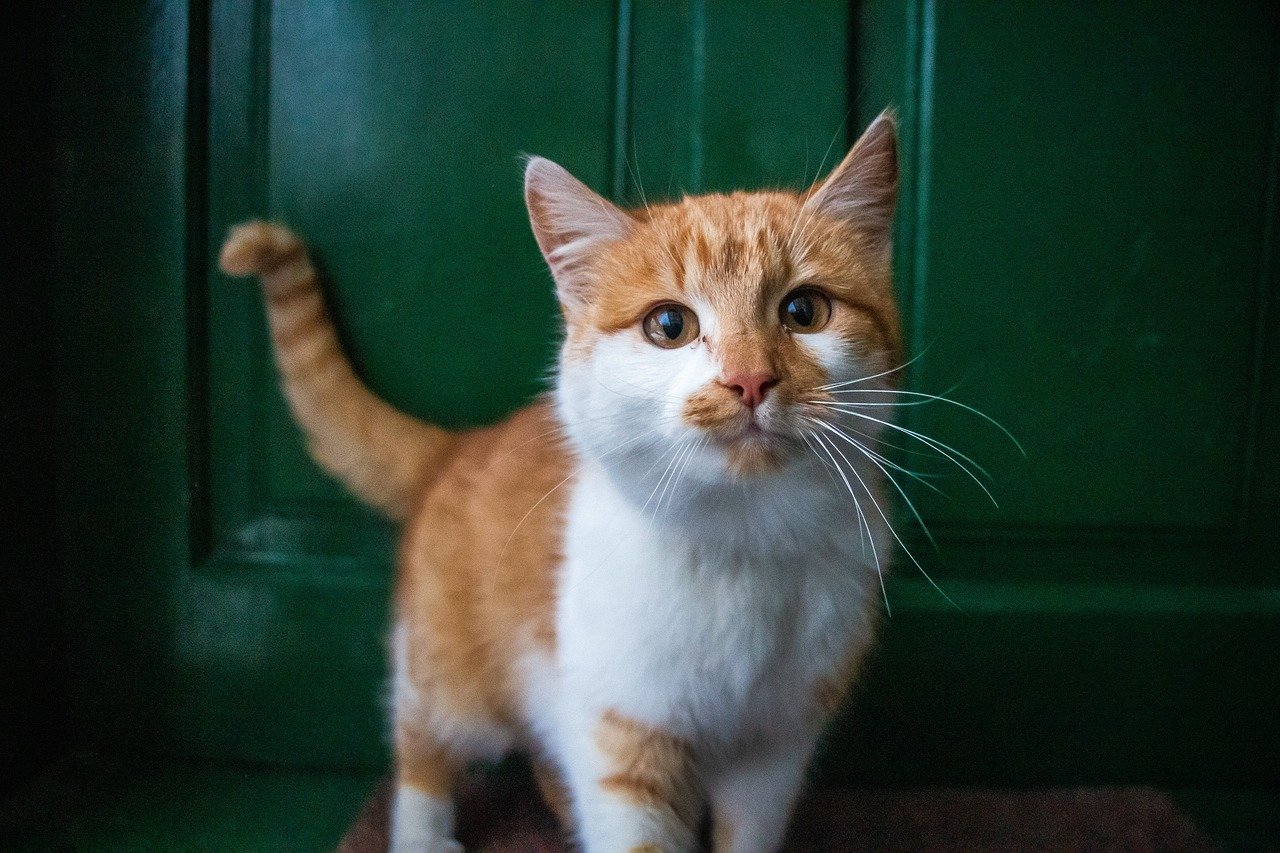
Few sights tug at the heartstrings like a cat waiting patiently by the door. This behavior is a powerful expression of longing and hope. For many cats, the front door or hallway is the gateway to your return, and waiting there becomes a ritual of devotion. Even if hours pass, your cat’s faith in your return never wavers. This steadfast loyalty is a beautiful, sometimes bittersweet reminder of the deep bond you share.
The Healing Power of Familiar Spaces

When a cat feels lonely or anxious, familiar rooms offer more than just comfort—they can actually help heal emotional wounds. These spaces are filled with positive associations and the echoes of happy times. By returning to them, your cat is actively seeking out healing and reassurance. It’s a gentle, instinctive way to manage their feelings and find peace in your absence.
Social Dynamics Within Multi-Cat Homes
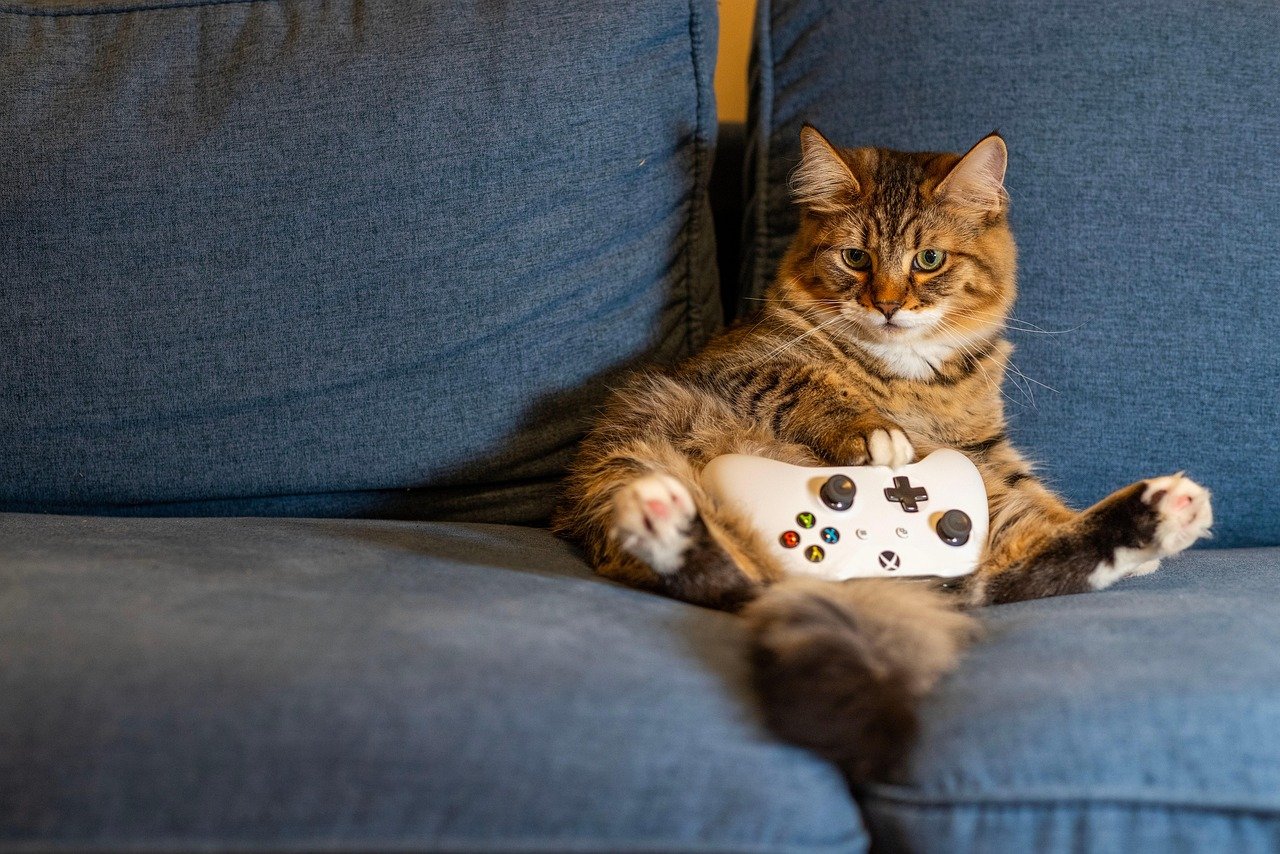
In homes with more than one cat, familiar rooms often become neutral ground or shared spaces. When one cat misses you, they may seek out these rooms to feel closer to both you and their feline companions. The scent and presence of other cats can provide additional comfort, creating a sense of community in your absence. Watching cats interact in these spaces can reveal the subtle ways they support and comfort each other.
Reflections of Your Daily Life

Cats are keen observers of your habits and routines. Familiar rooms reflect the patterns of your daily life, from morning coffee rituals to afternoon naps. When your cat returns to these spaces, they’re not just seeking comfort—they’re participating in the rhythm of your world. This mirroring of routines helps them feel connected to you, even when you’re apart. It’s a silent, loving partnership that unfolds in the quiet corners of your home.
Stress Relief Through Familiarity
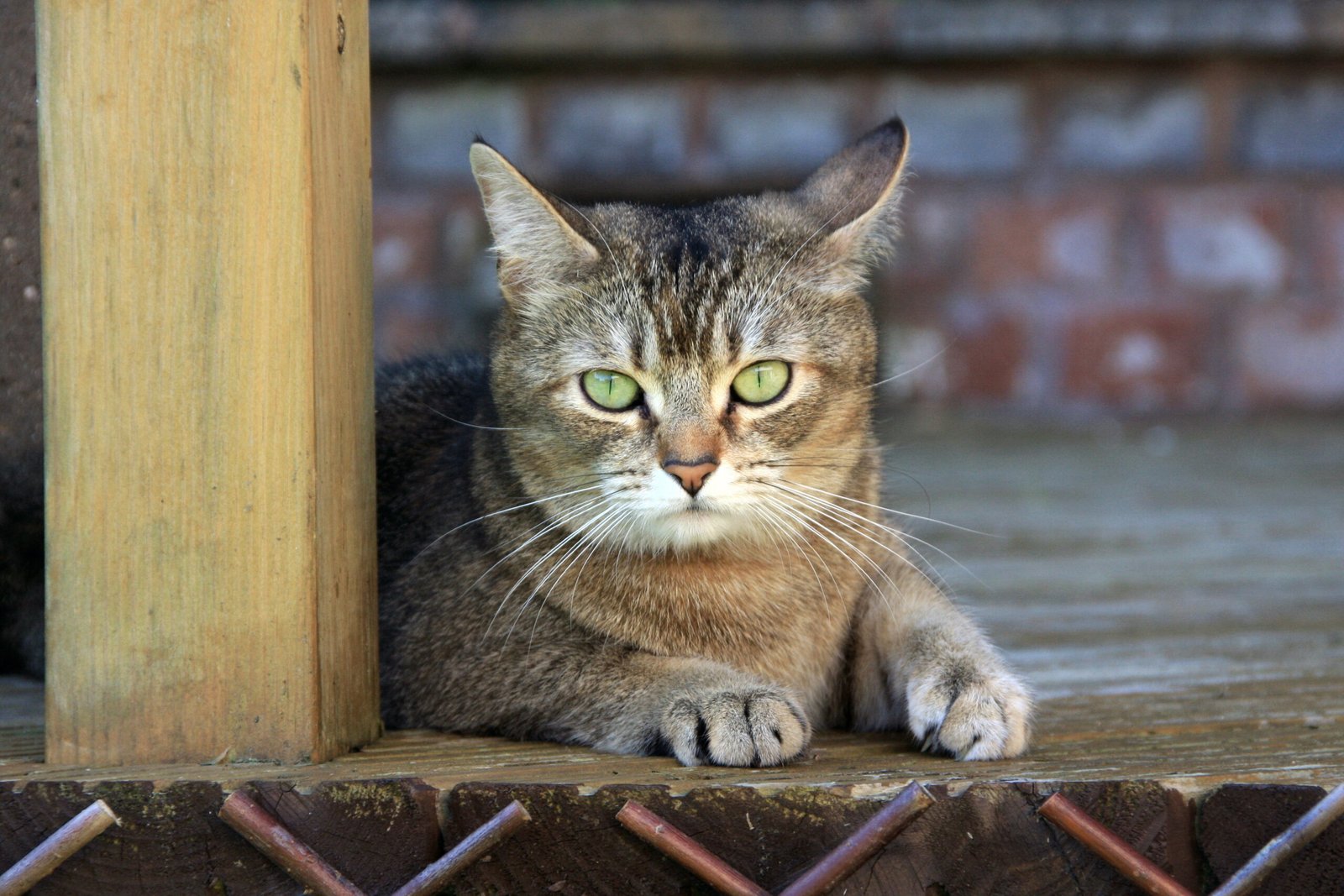
Stress and anxiety are not exclusive to humans; cats feel them deeply too. When they miss you, returning to familiar rooms is a natural stress reliever. The scents, sights, and sounds of these spaces help lower their anxiety and promote a sense of well-being. You might notice your cat grooming, stretching, or simply relaxing more in these rooms. It’s their way of finding balance and comfort when their heart aches for you.
The Role of Windows and Views
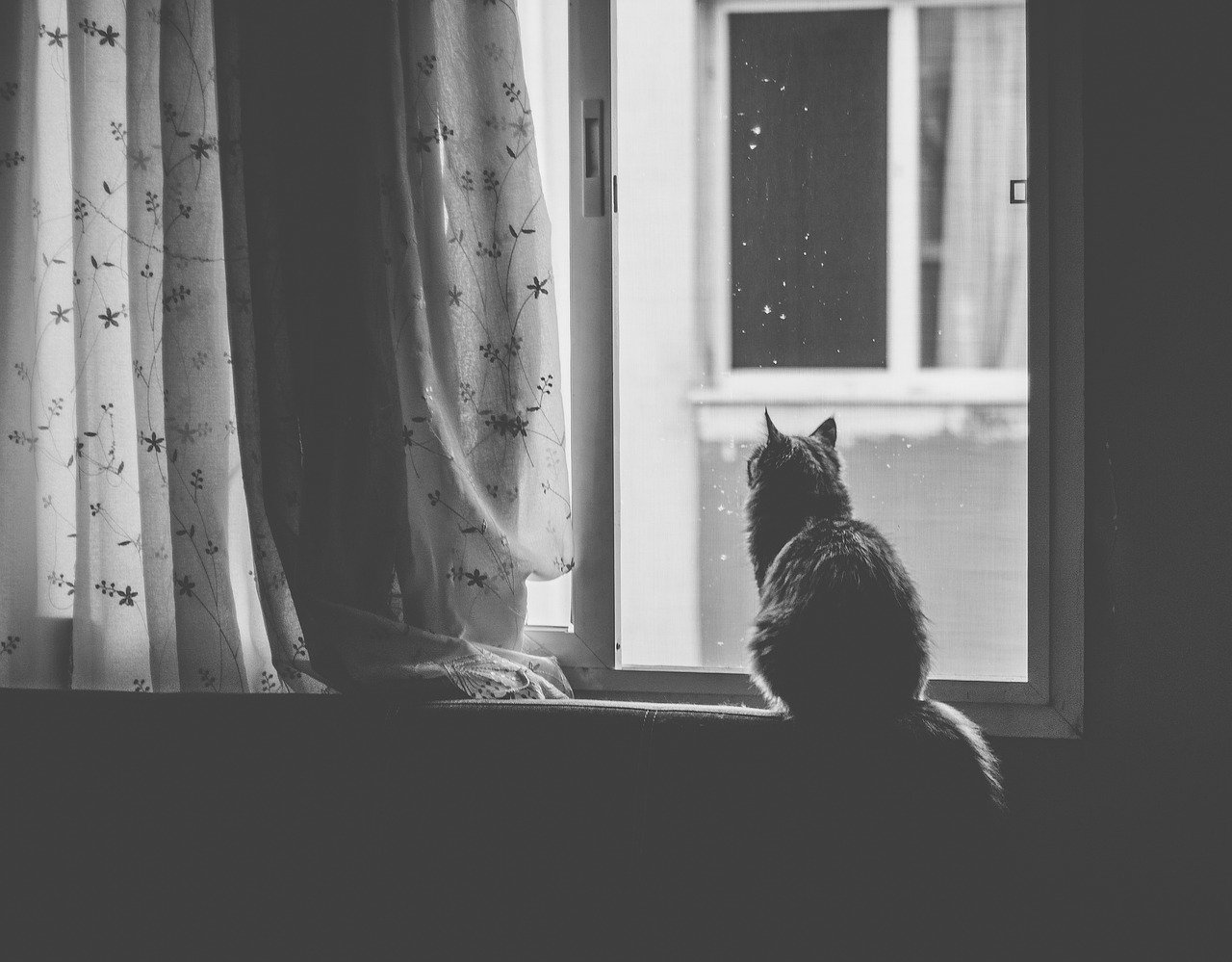
Many cats gravitate toward rooms with windows, especially those where you spend time together. These vantage points offer entertainment and a sense of connection to the outside world. When your cat misses you, they may watch for your return from these favorite spots. The combination of a familiar room and an engaging view creates a comforting routine, blending curiosity with longing.
Affection in Subtle Gestures
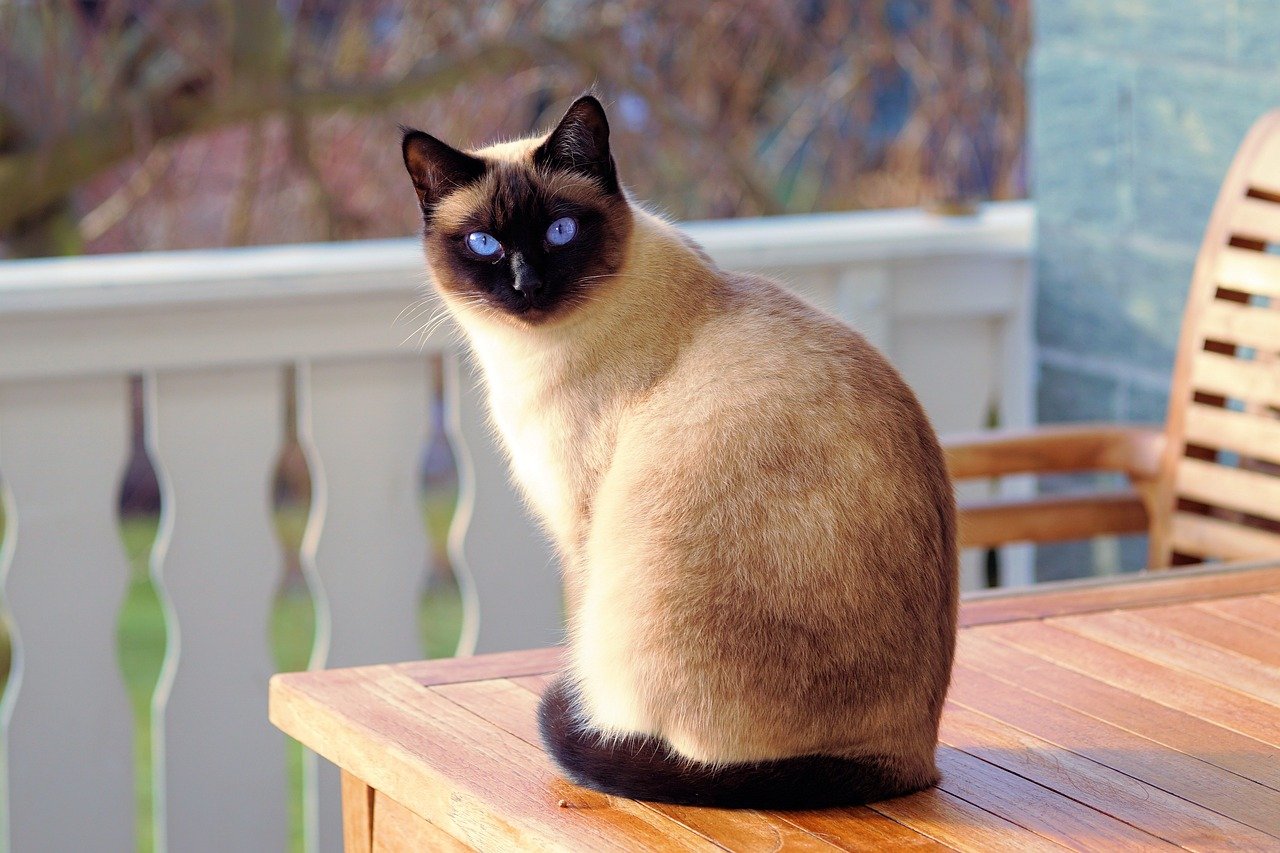
Cats express their love in countless subtle ways. Returning to familiar rooms is just one of many gestures that reveal how deeply they care. You might notice your cat rubbing against your favorite chair, purring on your pillow, or simply sitting in silence where you once laughed together. Each act is a quiet declaration of affection, woven into the fabric of your everyday life.
Building Trust Through Familiarity

Trust is the foundation of any strong cat-human bond. Familiar rooms represent safety, trust, and shared experiences. When your cat returns to these spaces in your absence, it’s a sign of the trust they’ve built with you over time. This trust is hard-won and precious, growing stronger with each passing day. It’s a silent promise that, no matter the distance, your bond endures.
Signs Your Cat Truly Misses You

So how do you know if your cat is returning to familiar rooms because they miss you? Look for signs like meowing, searching, or lingering where you last were. You might notice them carrying your belongings, napping on your clothes, or waiting in doorways. These behaviors are heartfelt expressions of longing, proof that your absence leaves a mark on their world. Recognizing these signs can help you respond with love and reassurance, deepening the incredible connection you share.
Hi, I’m Bola, a passionate writer and creative strategist with a knack for crafting compelling content that educates, inspires, and connects. Over the years, I’ve honed my skills across various writing fields, including content creation, copywriting, online course development, and video scriptwriting.
When I’m not at my desk, you’ll find me exploring new ideas, reading books, or brainstorming creative ways to solve challenges. I believe that words have the power to transform, and I’m here to help you leverage that power for success.
Thanks for stopping by, Keep coming to this website to checkout new articles form me. You’d always love it!





